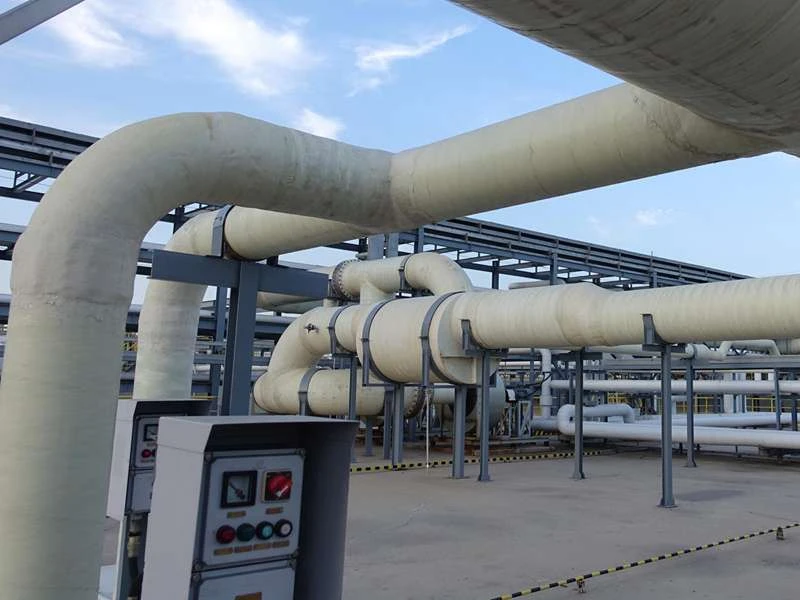
-
 Afrikaans
Afrikaans -
 Albanian
Albanian -
 Amharic
Amharic -
 Arabic
Arabic -
 Armenian
Armenian -
 Azerbaijani
Azerbaijani -
 Basque
Basque -
 Belarusian
Belarusian -
 Bengali
Bengali -
 Bosnian
Bosnian -
 Bulgarian
Bulgarian -
 Catalan
Catalan -
 Cebuano
Cebuano -
 China
China -
 China (Taiwan)
China (Taiwan) -
 Corsican
Corsican -
 Croatian
Croatian -
 Czech
Czech -
 Danish
Danish -
 Dutch
Dutch -
 English
English -
 Esperanto
Esperanto -
 Estonian
Estonian -
 Finnish
Finnish -
 French
French -
 Frisian
Frisian -
 Galician
Galician -
 Georgian
Georgian -
 German
German -
 Greek
Greek -
 Gujarati
Gujarati -
 Haitian Creole
Haitian Creole -
 hausa
hausa -
 hawaiian
hawaiian -
 Hebrew
Hebrew -
 Hindi
Hindi -
 Miao
Miao -
 Hungarian
Hungarian -
 Icelandic
Icelandic -
 igbo
igbo -
 Indonesian
Indonesian -
 irish
irish -
 Italian
Italian -
 Japanese
Japanese -
 Javanese
Javanese -
 Kannada
Kannada -
 kazakh
kazakh -
 Khmer
Khmer -
 Rwandese
Rwandese -
 Korean
Korean -
 Kurdish
Kurdish -
 Kyrgyz
Kyrgyz -
 Lao
Lao -
 Latin
Latin -
 Latvian
Latvian -
 Lithuanian
Lithuanian -
 Luxembourgish
Luxembourgish -
 Macedonian
Macedonian -
 Malgashi
Malgashi -
 Malay
Malay -
 Malayalam
Malayalam -
 Maltese
Maltese -
 Maori
Maori -
 Marathi
Marathi -
 Mongolian
Mongolian -
 Myanmar
Myanmar -
 Nepali
Nepali -
 Norwegian
Norwegian -
 Norwegian
Norwegian -
 Occitan
Occitan -
 Pashto
Pashto -
 Persian
Persian -
 Polish
Polish -
 Portuguese
Portuguese -
 Punjabi
Punjabi -
 Romanian
Romanian -
 Russian
Russian -
 Samoan
Samoan -
 Scottish Gaelic
Scottish Gaelic -
 Serbian
Serbian -
 Sesotho
Sesotho -
 Shona
Shona -
 Sindhi
Sindhi -
 Sinhala
Sinhala -
 Slovak
Slovak -
 Slovenian
Slovenian -
 Somali
Somali -
 Spanish
Spanish -
 Sundanese
Sundanese -
 Swahili
Swahili -
 Swedish
Swedish -
 Tagalog
Tagalog -
 Tajik
Tajik -
 Tamil
Tamil -
 Tatar
Tatar -
 Telugu
Telugu -
 Thai
Thai -
 Turkish
Turkish -
 Turkmen
Turkmen -
 Ukrainian
Ukrainian -
 Urdu
Urdu -
 Uighur
Uighur -
 Uzbek
Uzbek -
 Vietnamese
Vietnamese -
 Welsh
Welsh -
 Bantu
Bantu -
 Yiddish
Yiddish -
 Yoruba
Yoruba -
 Zulu
Zulu
Jan . 20, 2025 05:46
Back to list
fiberglass chemical tanks
Fiberglass chemical tanks have become an essential asset in industrial and commercial applications due to their durability, corrosion resistance, and cost-effectiveness. These tanks, made from a composite material of glass fibers and resin, are used globally for storing a variety of chemicals, making them indispensable in ensuring safe storage solutions. When considering the best vessels for chemical storage, fiberglass chemical tanks emerge as a top contender, offering unparalleled benefits.
Authoritativeness in the fiberglass chemical tank industry is rooted in research, development, and compliance with international standards. Leading manufacturers adhere to guidelines established by entities such as the American Society for Testing and Materials (ASTM) and the American Petroleum Institute (API). Such adherence guarantees that the tanks not only meet but often exceed regulatory requirements, underscoring a commitment to safety and reliability. Trust is a crucial factor for industries when selecting tanks for chemical storage. The long-term performance and safety record of fiberglass tanks have built confidence among users. Testimonials and case studies from various industries highlight success stories and reinforce the credibility of fiberglass as a preferred storage material. In environments where safety is paramount, such as chemical processing plants or water treatment facilities, fiberglass tanks consistently prove to be a trustworthy choice. Environmental considerations are also vital, and fiberglass chemical tanks align well with sustainable practices. Their long lifespan means fewer replacements and less material waste over time. Additionally, the production process for fiberglass tanks often has a lower environmental impact compared to the mining and processing of metals, making fiberglass a greener option overall. In conclusion, fiberglass chemical tanks offer significant advantages in safety, efficiency, and sustainability. Their robust nature, customization options, and long-term cost savings make them an attractive choice across various industries. By consistently meeting and exceeding industry standards, these tanks provide a reliable, efficient, and environmentally friendly solution for chemical storage, reinforcing their importance in modern industrial applications.


Authoritativeness in the fiberglass chemical tank industry is rooted in research, development, and compliance with international standards. Leading manufacturers adhere to guidelines established by entities such as the American Society for Testing and Materials (ASTM) and the American Petroleum Institute (API). Such adherence guarantees that the tanks not only meet but often exceed regulatory requirements, underscoring a commitment to safety and reliability. Trust is a crucial factor for industries when selecting tanks for chemical storage. The long-term performance and safety record of fiberglass tanks have built confidence among users. Testimonials and case studies from various industries highlight success stories and reinforce the credibility of fiberglass as a preferred storage material. In environments where safety is paramount, such as chemical processing plants or water treatment facilities, fiberglass tanks consistently prove to be a trustworthy choice. Environmental considerations are also vital, and fiberglass chemical tanks align well with sustainable practices. Their long lifespan means fewer replacements and less material waste over time. Additionally, the production process for fiberglass tanks often has a lower environmental impact compared to the mining and processing of metals, making fiberglass a greener option overall. In conclusion, fiberglass chemical tanks offer significant advantages in safety, efficiency, and sustainability. Their robust nature, customization options, and long-term cost savings make them an attractive choice across various industries. By consistently meeting and exceeding industry standards, these tanks provide a reliable, efficient, and environmentally friendly solution for chemical storage, reinforcing their importance in modern industrial applications.
Next:
Related Products
Latest news
-
Exploring the Benefits of Top Hammer Drifter Rods for Enhanced Drilling PerformanceNewsJun.10,2025
-
High-Precision Fiberglass Winding Machine for GRP/FRP Pipe Production – Reliable & Efficient SolutionsNewsJun.10,2025
-
FRP Pipes & Fittings for Shipbuilding - Corrosion-Resistant & LightweightNewsJun.09,2025
-
Premium FRP Flooring Solutions Durable & Slip-ResistantNewsJun.09,2025
-
Premium Fiberglass Rectangular Tanks Durable & Lightweight SolutionNewsJun.09,2025
-
Tapered Drill String Design Guide Durable Performance & UsesNewsJun.09,2025









